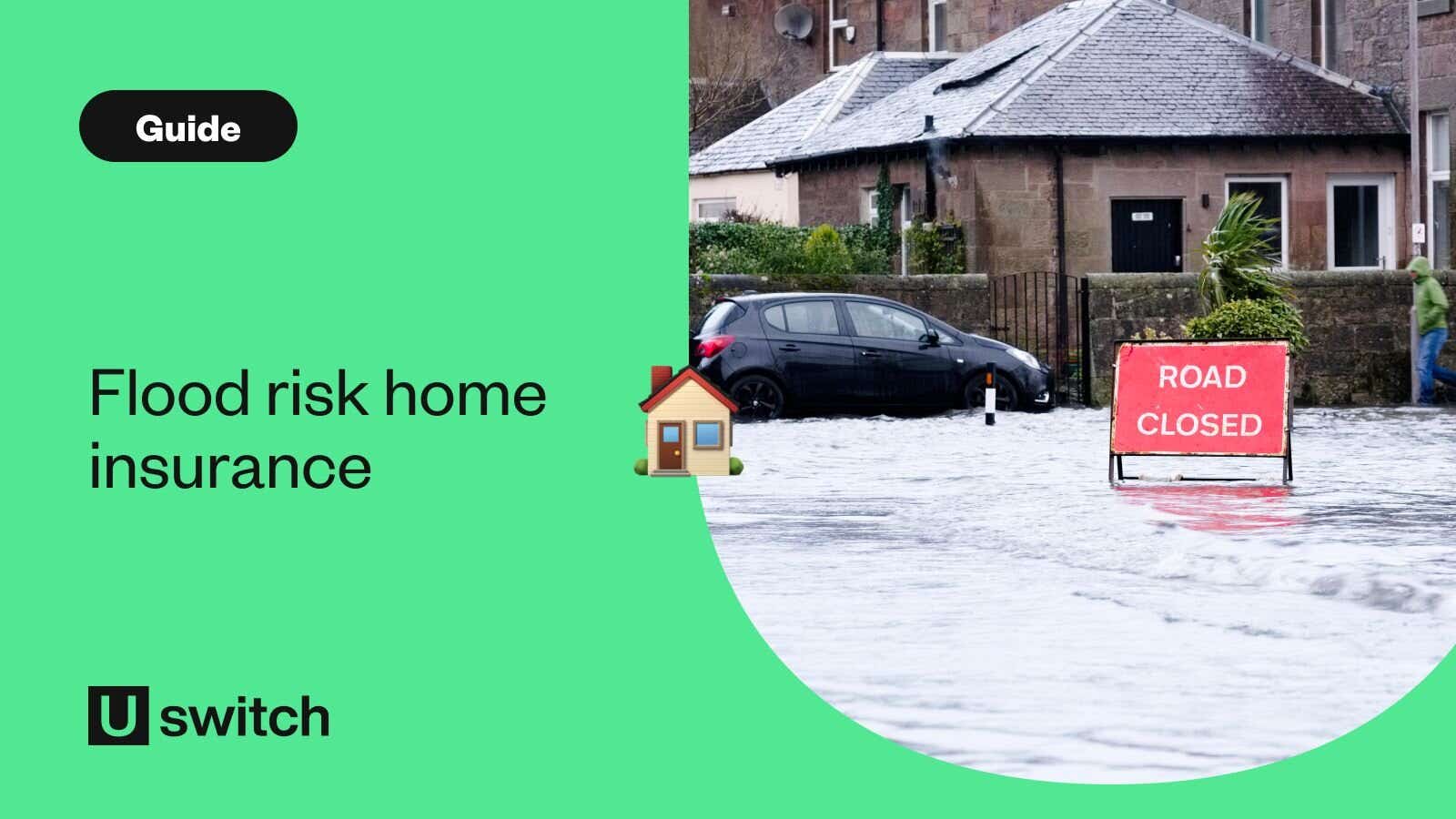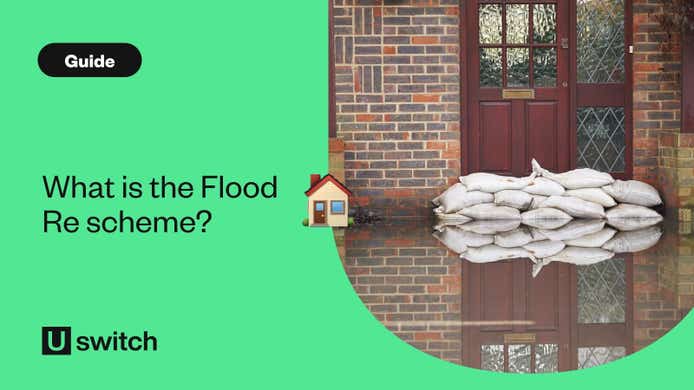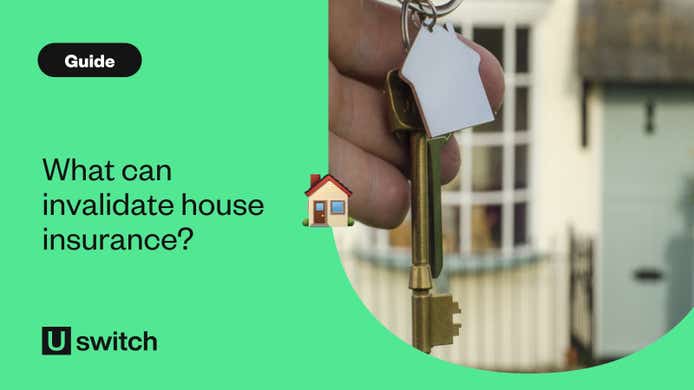What is flood insurance?
Flood insurance is a type of cover that protects your home and belongings from damage caused by flooding. If you live in an area where flooding is a risk, your standard home insurance may not provide enough protection, this is where flood insurance can help.
Does home insurance include flood damage?
Not all home insurance policies cover flood damage as standard. While it's common for some policies to offer protection for things like storm damage, floods can be treated differently.
If your property is in a known flood risk area, you might need to add flood cover to your policy as an optional extra. Insurers assess risk using flood maps and postcode data. You can check your property's risk level through things like the Flood Re scheme.
What is covered by flood insurance?
Flood insurance typically covers:
- Structural damage to your property
- Damage to walls, floors, and fittings
- Costs for drying out and cleaning your home
- Loss of or damage to belongings like furniture, appliances, and personal items
Some policies also cover alternative accommodation if your home becomes unliveable after a flood. Always read your policy documents carefully to understand exactly what’s included.
What isn’t covered by flood insurance?
Flood insurance usually doesn’t cover:
- Damage that happens gradually over time, such as damp or mould
- Loss or damage to vehicles - this may be covered by your car insurance
- Fences, gates, or garden landscaping
- Certain outbuildings or sheds
It’s important to check the exclusions on your policy so you know what’s protected and what’s not.
How much does home insurance for flood-risk areas cost?
The cost of home insurance in flood-risk areas can vary significantly. Insurers consider factors like your postcode, property type, flood history, and the value of your home and contents.
Flood insurance might increase how much you pay, but you could reduce costs by taking steps to protect your home, such as installing flood barriers or using water-resistant materials.
For an idea of what you might pay, it’s worth comparing flood insurance quotes.
Do I need flood insurance?
If you live in a flood-prone area, it is definitely worth considering. Even if you’ve never experienced flooding, it only takes one bout of flooding to cause damage.
Some mortgage providers may require you to have flood cover as a condition of your loan, especially if your home is in a high-risk area.
How to make an insurance claim for flood damage
If your home has been affected by flooding, contact your insurer as soon as it’s safe to do so. They’ll guide you through the claims process.
What information will my insurer need?
You’ll usually need to provide:
- Your policy number
- Photos or videos of the damage
- A list of damaged items with approximate values
- Any receipts or proof of purchase for expensive items
Your insurer may also send a loss adjuster to assess the damage. Keep records of all communication and any costs you incur.
How to protect your home against flooding
There are steps you can take to lower the risk of flood damage:
- Install flood barriers or sandbags at entry points
- Use water-resistant materials for floors and walls
- Fit non-return valves on drains and pipes
- Move valuable items to higher ground or an upstairs room
- Prepare a flood emergency plan and keep important documents safe
Taking these precautions can also help you avoid invalidating your home insurance.
Helpful contact information
For more information and support, these organisations can help:
- The Environment Agency provides flood risk maps and warnings
- Flood Re can help to find affordable policies
- The National Flood Forum offers support for people affected by flooding
You can also learn more about non-standard home insurance if your property is harder to insure due to flood risk.
FAQs
How long does a flood insurance claim take?
A flood insurance claim typically takes a few weeks to process, but the timeline depends on the severity of the damage and your insurer’s procedures. Your insurer will guide you through each step.
Does renters insurance cover flood damage?
Most renters insurance policies don’t cover flood damage. If you rent a home in a flood risk area, consider taking out a separate flood insurance policy or check if your landlord has appropriate cover.
What should I do after a flood?
After a flood, stay safe by turning off electricity, gas, and water supplies if possible. Document the damage with photos and contact your insurer to start a claim. Clean and dry your property as much as you can, but wait for professional help before starting major repairs.
Do I need flood insurance if I don’t live close to water?
Even if you don’t live near a river, lake, or the sea, heavy rainfall or drainage issues could still cause flooding. It’s important to check your postcode’s risk level and consider flood cover if you’re at risk.






